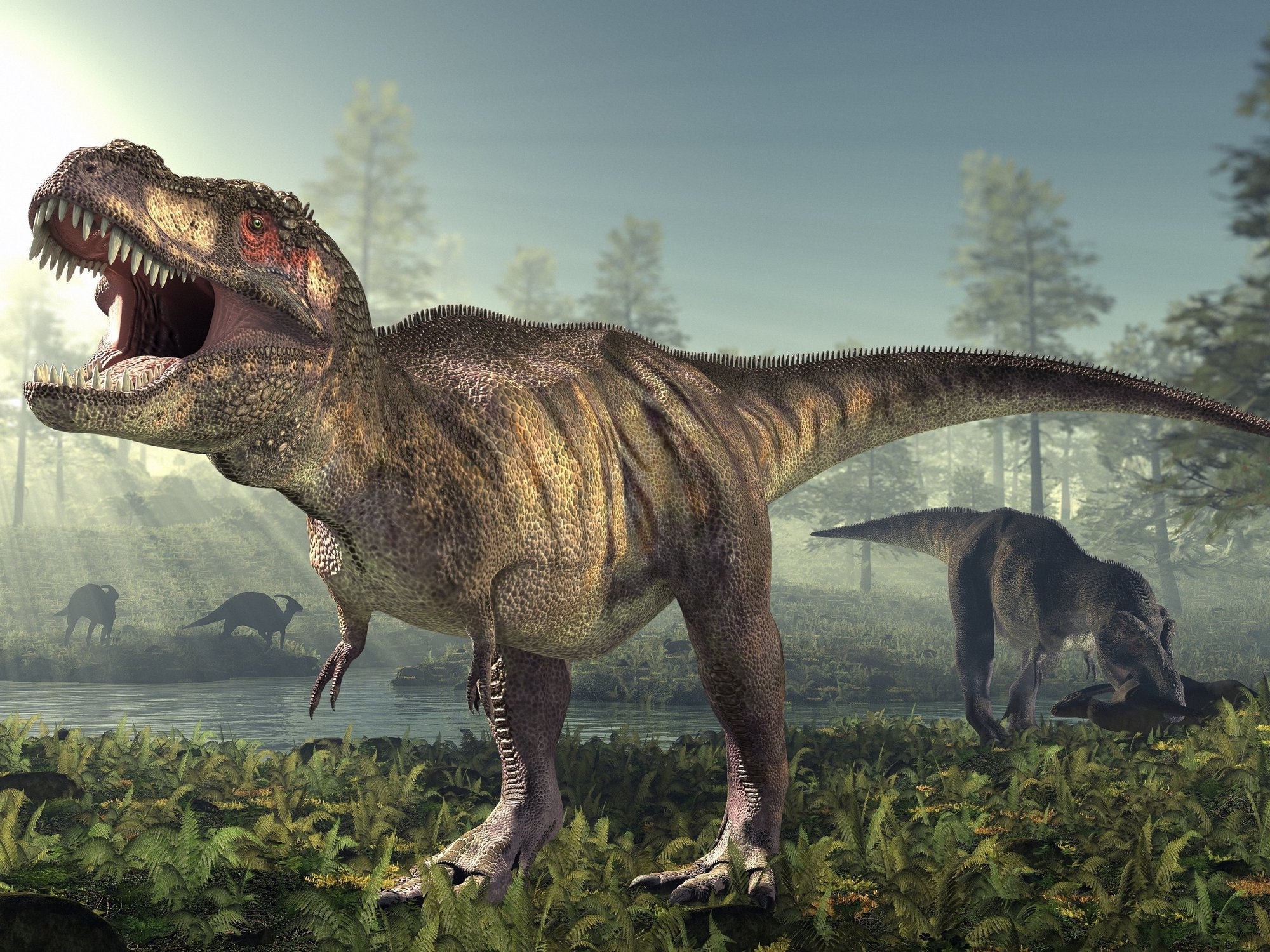Osteoporosis: Nutritionist names 3 calcium-rich foods to eat daily or risk 'weakening porous bones that break easily' in later life

WATCH NOW: Holistic nutritionist shares the best foods for healthy hair
|GBN

An expert has urged adults to take action against osteoporosis early in life
Don't Miss
Most Read
Osteoporosis, which causes bones to become fragile and prone to fractures, typically manifests in people aged 60 and above.
But half of all women face the prospect of developing the condition, according to a nutrition expert who warns that preventative measures must begin early in life.
Jess Baker, a specialist with a master's degree in nutritional science, recently underscored the critical nature of the threat in a TikTok clip.
She shared: "I don't think you should be afraid of carbohydrates or sugar, but I do think you need to be worried about getting osteoporosis, because one in two women will get osteoporosis."
TRENDING
Stories
Videos
Your Say

Sardines provide substantial calcium content
|GETTY
She stressed that young people must take action now to avoid developing "weakening porous bones that break easily" in later life, with calcium intake being a critical starting point.
How much calcium do you need?
Adequate calcium intake requires consuming three portions of calcium-rich foods daily, the nutrition specialist explained.
"An easy way to think about it is that you need to eat three servings of calcium-rich foods a day," Jess noted.
Suitable sources include dairy products, with a single cup of milk constituting one calcium portion. Tofu and sardines also provide substantial calcium content.
The specialist cautioned against relying on homemade nut milks, however, noting: "If you're making nut milk at home, this could put you at risk for osteoporosis."
Shop-bought alternatives typically contain added calcium and vitamin D through fortification, while home-prepared versions lack these essential nutrients.
Many people mistakenly believe vegetables offer sufficient calcium for bone health, but Jess warned: "A lot of people might think that broccoli and spinach are rich in calcium, but they're really not."
Although these vegetables contain some calcium, they fall far short of qualifying as calcium-rich foods.
A cup of low-fat milk delivers approximately 314 milligrams of calcium, whereas the same quantity of cooked broccoli provides merely 62 to 76 milligrams.
This stark difference demonstrates why dairy remains a superior calcium source.
The specialist noted that while vegetables "do have some calcium, so it can fill in those gaps," they cannot replace dedicated calcium-rich foods in meeting daily requirements.
She also added that physical activity plays an equally vital role in maintaining bone density, and recommended "weight-bearing exercise, push-ups, pull-ups, lifting weights is even better".
These activities strengthen bones by applying stress that stimulates bone formation, with Jess noting: "Building muscle, putting stress on your bones, makes them stronger over time."
LATEST DEVELOPMENTS

The nutritionist stressed that osteoporosis prevention should start early in life
|TIKTOK
Vitamin D supplementation represents another crucial element in osteoporosis prevention.
"For most people, a vitamin D supplement is a good idea," Jess advised, revealing how calcium deficiency triggers bone deterioration.
"If you don't get enough calcium in your bloodstream, your body needs calcium so much for different processes that it will leach it from your bones," she said.
This extraction from the body's primary calcium repository explains why osteoporosis affects so many people.
Our Standards: The GB News Editorial Charter










